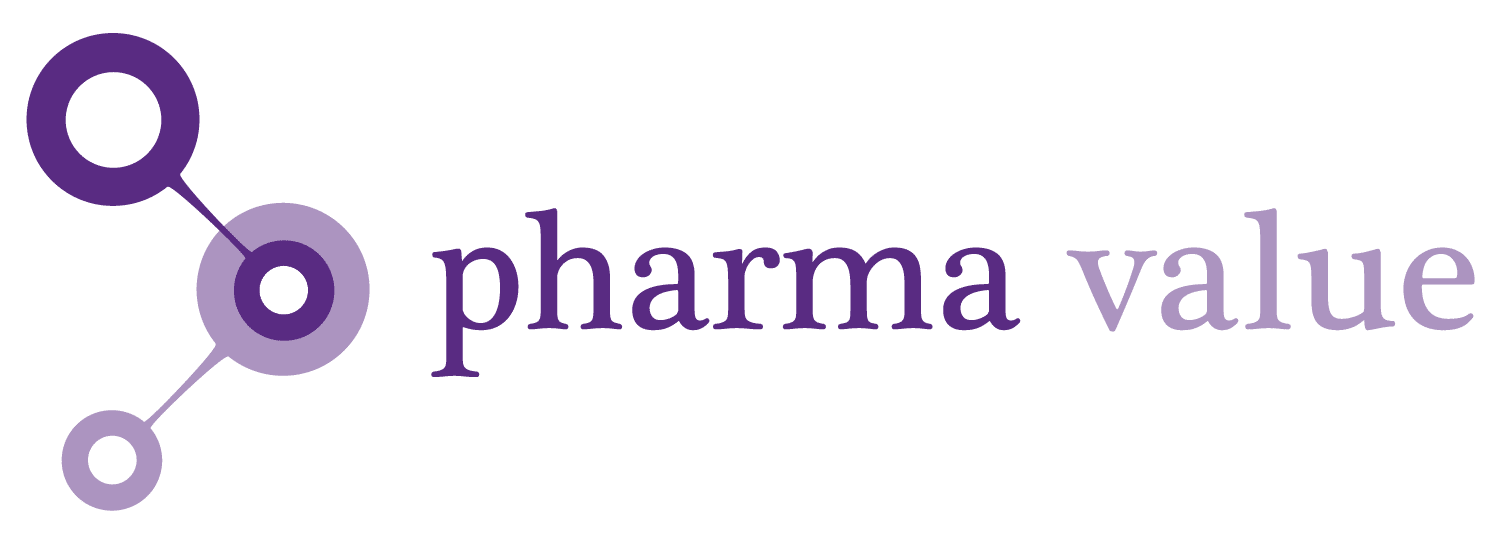This is Valeria Viola's opening speech at the SIF - SIARV - SIMEF course, Medicines: regulatory tools
I would like to thank SIF, SIARV and SIMEF for giving me the opportunity to open this course and to tell you how it came about and its objectives for those who do not yet know them. But I will also take the opportunity to give you some advice.
Let me introduce myself, I am Valeria Viola and I am the senior coordinator of the SIARV Youth GDL as well as the facilitator of this project - by age I belong to the middle ground between young people and seniors, a project that started as a Summer School together with Professor Armando Genazzani. The aim of the training course is to bring young people closer to and train them in the world of drug regulation, the regulation that goes from research to patient access. Another objective of the SUMMER SCHOOL was to network and for reasons we know, it turned into several webinars. Today I am sorry not to see you, not to see people's faces and have a live report but I hope that better times will come.
On the other side of the screens are you, all under 38. It is a 'non-objective' indicator of what it means to be young, so much so that every society has its own age limit depending on what you want to do 'when you grow up'.
This separatism stems from the fact that the topics chosen come from the training and growth needs of the young people of SIF (and not only). Let me give you a practical example: The SIARV youth working group helped me to draw up a questionnaire that we administered to them and we understood what the stress points and knowledge gaps were.
Another example of good practice: The different youth working groups coordinated in the moderation of the speakers because we thought it was important for them to have visibility, and again, there is only you under38 so that the question time is your time. They must be questions tailored to what you need, without fear of judgement so that you are comfortable and can reason about how to transform this space in the future to come.
Talk about virtual space and imagining the future,
I am a literature enthusiast, I read a bit of everything obsessively, I recently stumbled upon a collection of feminist science fiction entitled 'The Visionaries'. I wanted to read about visions of alternative worlds through the critical eyes of female writers.
Science fiction is an imaginative literary genre: it describes a distant utopian or dystopian future, all the actions that lead to that future, the chain of events that include the facts, the laws that have triggered revolutions or lifestyles, and the emotions felt in a distant space, the future.
If you think about it, those in drug regulatory science have to imagine replicable rules that are good for something that is yet to come, a technology that will perhaps improve a patient's life or even eradicate a disease but will have economic or organisational impacts in the system. Decision-makersregulators, researchers, professionals in companies, those who sit on the CTS... imagine the future.
I tell you this because in order to reach a future that we now see as distant or postponed, we must determine the presentby setting the rules for today and tomorrow and by being present in the places where decisions are made. The future is not something that comes sooner or later. The future is the space one takes in today. There are many futures available, depending on how you move you open doors and diverse and curious questions open up paths.
The more you compare yourself with your peers, perhaps within a scientific society, contaminating yourself as Piero Canonico said in the last webinar, the more paths you will open.
Drug regulatory science is an original question, there are not many young people going down this path.
But also ask yourself the right, challenging questions.
I recently discovered that Ethiopia has a space exploration programme (ESSTI). The first question I asked myself - because I also asked myself - is how can Ethiopia afford an aerospace programme. Now that was not the right question, the right question is "what does Ethiopia want to achieve with its space programme?"
Fortunately, there is Google translate, and on the site written in Amharic one can read that one of the project's goals is to inspire the younger generation of Ethiopians and involve them in the knowledge of science and technology.
The right question is the one that inspires you, and this can only happen if you are confronted by those who are different from you. Compare yourself with young pharmacologists from other countries, with regulatory professionals from companies, listen to patient associations.
With Medicines: Regulatory Tools and its organisation, young people from the scientific societies SIF, SIMEF and SIARV have begun to confront each other. The more we are, the more complex it becomes to mediate positions, but what this project mainly wants to be is inspiration. We are not going to the moon but I believe we are doing something different, a bottom-up construction and good practices make a difference.
I therefore renew my invitation to participate by proposing ideas, webinars, or proposing with the youth group of the scientific society to which you belong
We started by uniting the youth of the scientific societies SIF, SIMEF and SIARV.
My last piece of advice is to participate in the life of scientific societies, including our own.
Let's think about the future and do it today.





